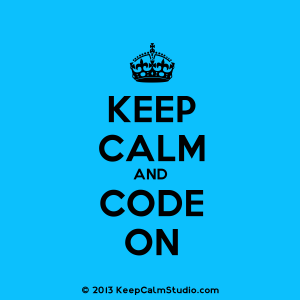
– 10:32 AM
Learning the ICD-10-CM/PCS code set is going to take a lot of time. Cutting back on training is tempting when the ICD-10 implementation budget grows.
Especially when you consider the hit to medical coding productivity that’s coming. Which would be a mistake according to an American Academy of Professional Coders (AAPC) tip sheet:
“The better educated and trained everyone is, the less of a productivity hit your practice will suffer, and a quicker recovery may be realized once we implement ICD-10.”
Here are some more tips to help you achieve ICD-10 proficiency:
- Have a Heart – Cardiac Overview: Coding cardiac conditions will be require brushing up on anatomy and physiology. (ICD-10 Tips and Resources – AAPC)
- Orthopedic Coding in ICD-10-PCS: Allografts and Autografts (Medical Billing and Coding Certification)
- Another ICD-10-PCS multiple procedure guideline: “Multiple procedures can also be reported during the same operative session when the physician performs multiple root operations with distinct objectives on the same body part.” (ICD-10 Trainer)
- Differences from I-9 to I-10: Ventilation times: ICD-10-PCS has more options which might affect reimbursements. (IOD Blog)
- Use the (coding) force: Coding in ICD-10 Luke Skywalker’s medical records. Hmmm. (ICD-10 Trainer)
- V84 to Z15: Don’t Expect Big Changes for Genetic Test Results: It’s a one-to-one crosswalk. (SuperCoder Bolt)
- ICD-10-CM coding for late effects: How to report sequela codes. (ICD-10 Trainer)
Questions about ICD-10 codes and reimbursement? Physician Credentialing and Revalidation ? or other changes in Medicare, Commercial Insurance, and Medicaid billing, credentialing and payments? Call the Firm Services at 512-243-6844 or credentialing@thefirmservices.com

